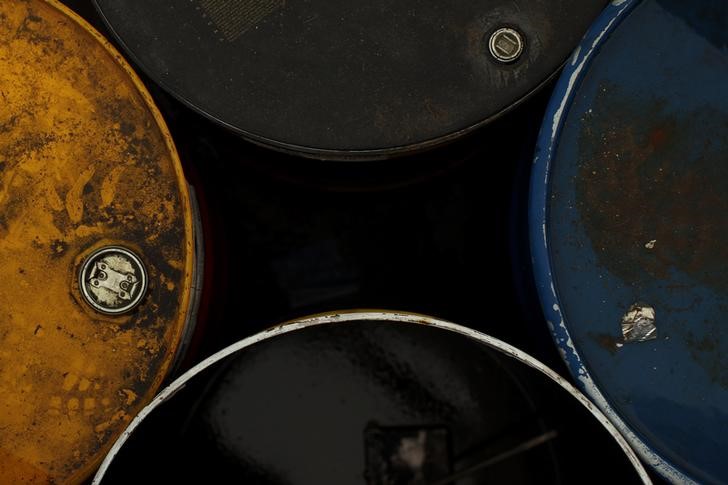By Dmitry Zhdannikov
VIENNA (Reuters) - Oil markets will not overheat as they did during a price spike in the last decade as global demand is rising fast and the alliance of OPEC and non-OPEC countries is working well, the head of Russia's top private producer Lukoil (MM:LKOH) said.
Vagit Alekperov, the long serving chief executive and top shareholder of Lukoil, told Reuters he expected global oil demand to rise by 1.8 million barrels per day next year.
In addition to that, the supply of crude from producers who are not participating in production cuts is estimated to rise by 0.8 million bpd next year, he said.
"We still have plenty of excessive stocks globally so collective actions by OPEC and non-OPEC will allow them to be brought down," Alekperov said on the sidelines of the OPEC and non-OPEC meeting in Vienna.
"OPEC and non-OPEC have for the first time created a mechanism which really controls a large chunk of production, which properly coordinates output and it works," he added.
On Thursday, OPEC and its allies agreed to extend production cuts of 1.8 million bpd or around two percent of global supply, until the end of 2018.
Moscow agreed to contribute around 0.3 million bpd to the cuts and Russian state and private companies are sharing the burden on a pro-rata basis.
Production cuts have helped to halve excessive global oil stocks over the past year, allowing prices to return above $60 per barrel from as low as $27 per barrel in January 2016.
The price rise has revived the ghost of the bull market of the last decade when benchmark Brent soared above $147 per barrel.
Should the oil market overheat, both OPEC and its allies will release new production to rebalance it, said Alekperov.
He also said he doubted the market could return to a major oversupply situation as producers outside the deal including in the United States were showing more restraint in ramping up their output.
"For the first time we are not hearing any tough criticism from those who are not participating in the deal. Everyone supports the measures to stabilise the market."
"Every producer is showing restraint. Everyone wants market stability and is not seeking any speculative price spikes," Alekperov said adding he would like to see the price of oil staying at current levels of $60-65 per barrel.
